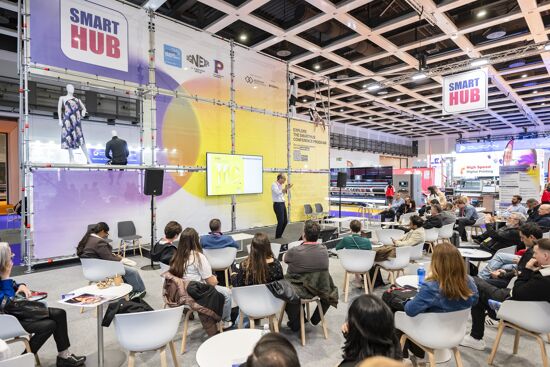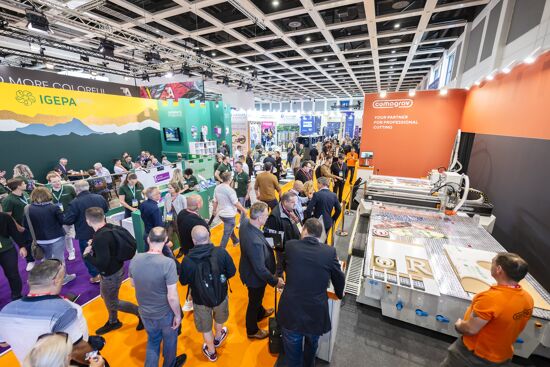What happens to dead IT?
We all know what happens to printed paper when it’s sent off for recycling. It either gets burnt or sent for processing into new materials.
But when old computers reach end of life, matters are less simple. Reducing the amount of electronic and electrical material that ends up in landfill is complicated; there are no easy answers. Setting up a recycling or reprocessing infrastructure is a start, but this too is complicated and takes funding.
Taxes and fines from people who dump electrical and electronics requires legislation and policing, and is mostly done as part of a wider set of national goals that support international commitments.
This is what the Europe Union (EU) has tried to do with its Waste Electrical and Electronic Equipment Directive (WEEE). WEEE has been around since 2002 and works by setting targets for electrical goods recycling. EU member country governments can provide instructions and guidance to local communities and municipalities for implementing WEEE.
The approach has changed over the years. When WEEE was first introduced it set a target for 2009. By 2009 at least four kilograms of electrical waste per year for each member of the population had to be recovered for subsequent recycling.
The rate changed to be for 45% of all electrical goods coming onto the market, with the EU aiming to recycle at least 2% of all WEEE by 2016. No data is available yet to confirm if this target has been reached or not but it is likely that it has, given Europeans’ environmental zeal.
WEEE has definitely helped encourage environmental awareness amongst consumers and developers. It has encouraged entrepreneurs who see opportunities to sell on redundant electrical goods. When it comes to IT, the foundation of today’s graphics industry, plenty of companies offer to buy old computers and networking equipment.
When selling on old servers and related kit, make sure all data is wiped. Be sure the buyer is recognised by local authorities and ideally is formally accredited. Find out what happens to waste once it is collected. Shipping old electronics for dumping in developing countries doesn’t count!
“Any equipment that is suitable for refurbishment is tested, repaired and sold on to individuals, schools and businesses on low budgets,” says Joe Adamou, business development manager for Innovent.tech, a UK IT recycler.
“Any equipment that is antiquated is base recycled. We break this equipment down to raw component form. This is then sold on to metal and material refiners who will prepare the materials for re-introduction into the manufacturing industry."
"An example of components recycled in this manner would be CPU heatsinks, motherboards, chassis casings etc. We operate a 0% to landfill policy on all equipment. All equipment collected is brought back to our facility for processing.“ The model is helping industry, the environment and the planet. It turns a profit too.
Topics
Interested in joining our community?
Enquire today about joining your local FESPA Association or FESPA Direct
Recent news

Industry Experts Explore the Evolution of Smart Manufacturing in the Textile Industry
A FESPA SmartHUB roundtable at Personalisation Experience 2025 discussed smart manufacturing's transformative impact on the textile industry. Experts highlighted the shift to on-demand customisation, driven by digital printing, data analytics, and automation. Key takeaways included enhanced machine control, significant waste reduction through intelligent software and colour management, and improved sustainability via energy efficiency and near-shoring, ensuring agility and environmental responsibility in textile production.

FESPA 2025 gathers leading visionaries from across the speciality print industry in Berlin
FESPA Global Print Expo 2025, European Sign Expo and Personalisation Experience (6 – 9 May 2025, Messe Berlin, Germany) welcomed Visionaries from across the speciality print industry to shape the future of print, develop forward-thinking business strategies, and explore innovative ways to translate emerging industry trends into tangible growth opportunities.

Exploring Cutting-Edge Textile Printing Innovation with Adobe Print Engine 7
Adobe PDF Print Engine 7, launched at FESPA Global Print 2025, significantly advances textile printing. Debbie McKeegan shares how it automates non-white substrate management and RGB colour handling, expands colour gamuts with in-RIP multicolour transparency blending, and streamlines workflows for efficiency and sustainability. This update boosts customisation, reduces waste, and positions businesses at the forefront of digital print innovation.

FESPA Global Print Expo 2025 - Overall Highlights
FESPA Global Print Expo, Europe's leading print and signage exhibition returned to Messe Berlin from 6 - 9 May 2025.